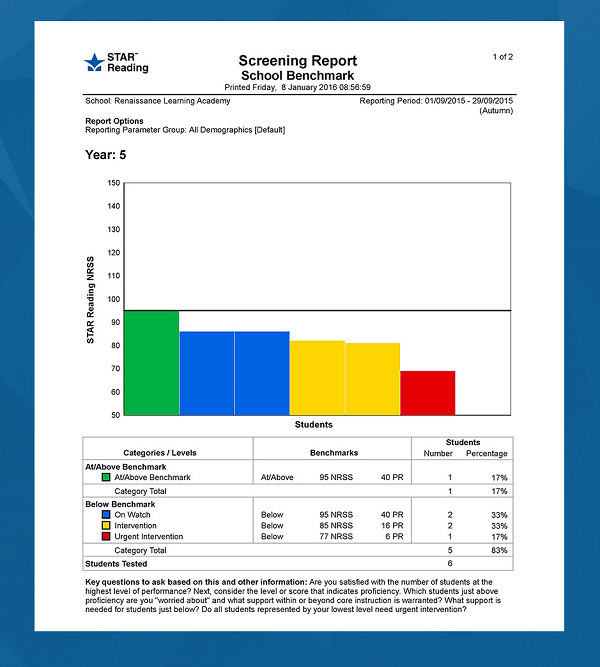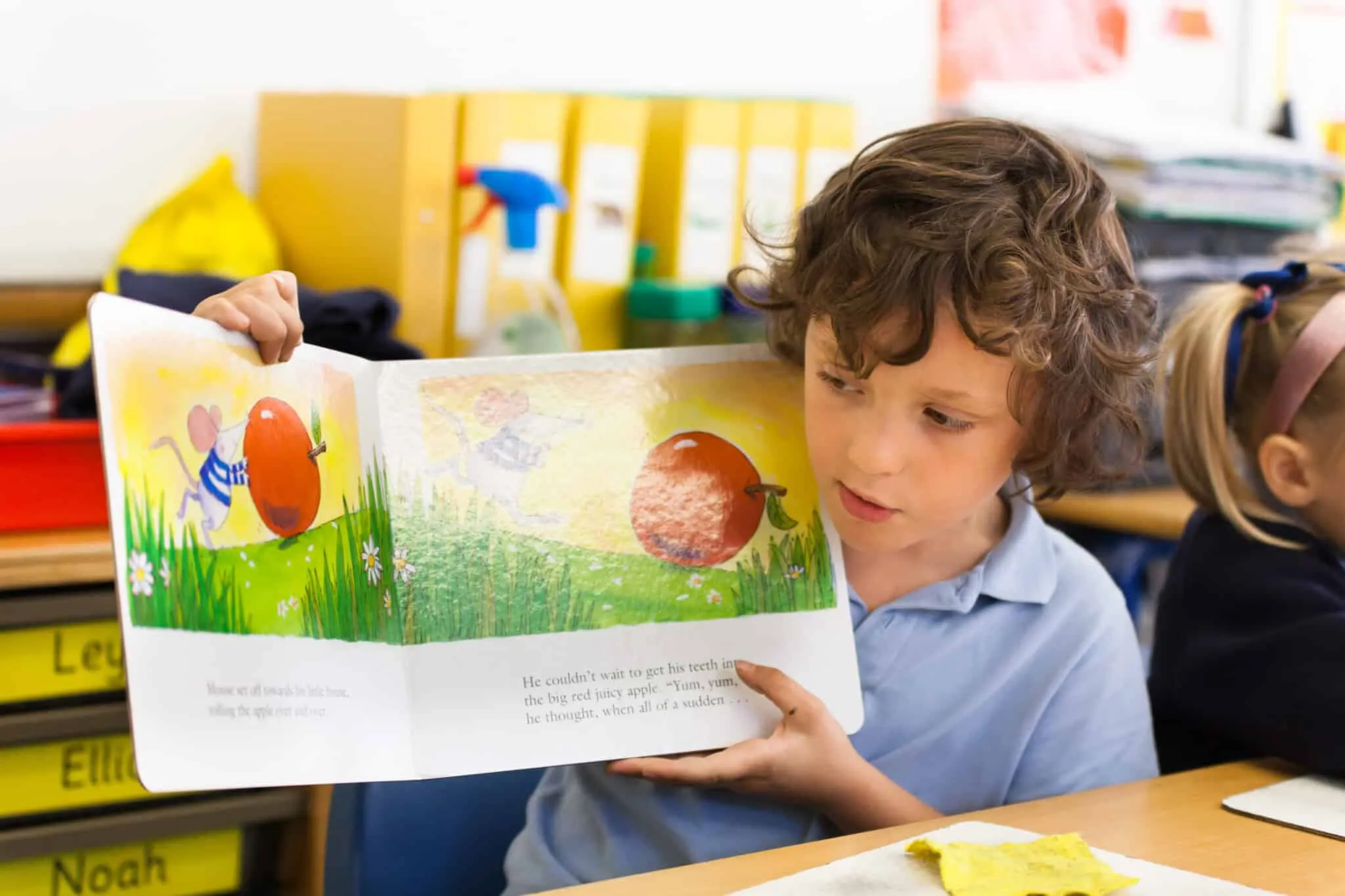October 1, 2020
It goes without saying that 2020 has been a strange year, with the far-reaching impact of COVID-19 severely disrupting almost all aspects of daily life – and especially the traditional provision of education. Everyone has been affected one way or another, but the lack of KS2 SATs has placed an even greater burden on secondary schools unable to support the transition of their new Year 7 intake from their feeder primaries. When combined with the wider challenge of understanding the impact of time lost to learning due to COVID-19 closures, it leaves a lot to do and little time to do it.
In an effort to help schools navigate these challenges, we recently published Focus Skills Teacher Workbooks for Literacy and Maths that map out the essential skills that need to be mastered at each year in order to progress. Never before have these skills, which form part of the Learning Progressions built for Renaissance by the experts at the National Foundation for Educational Research (NFER), been made freely available in this way.
However, further help is at hand in the form of Renaissance Star Assessments for reading and maths, as Frances Kingston, a former teacher and now Project Specialist at Renaissance, explains:
“If there had been a proper transition period in the Summer term with students visiting the new secondary schools – as well as secondary teachers visiting the primary schools – there would have been a wealth of information alongside their KS2 SATs, had they taken them. With this lack of much-needed information, the Star Screening Report plays an even more fundamental role in determining which students fall into which school benchmark using the NRSS metric.
By using the NRSS to show the different benchmarks in colours, the report could be viewed as a year, as a class or even in bubbles. I recently spoke to a school where students are being taught in mixed ability bubbles. Students stay in one place all day in their year group bubbles and teachers move to these classes. Therefore, the need for teachers to know their classes quickly couldn’t be more important. The Star test would also inform the setting of ability groups not necessarily after the first test, but certainly after the second – when students have experienced a half-term or term, and staff have got to know their personalities and capabilities.
Normally, schools would already have information about which students still required intervention at the end of Year 6, and which students were likely to achieve end of KS2 expectations. The Star Screening Report flags up those students who fall into both the red ‘Urgent Intervention’ group and the yellow ‘Intervention’ group. It of course also helps to see which students fall within the blue ‘On-watch’ group as they are just on the cusp of being at benchmark, and would be the ones to target first. Often, these students can achieve the quickest gains.

Having the Focus Skills in a teachable order in booklets is a lifesaver for teachers. To know what should have been taught and learnt in each year group, as well as being in a recognisable order, should help bring a sense of control and direction – much needed at this time. Knowing the Focus Skills and having them recorded in an easy-to-read progression can help inform different departments, especially when creating English and Maths curriculum maps as these skills will be crucial in shaping the delivery of teaching. Departments could find a way of highlighting or noting the Focus Skills on their medium-term plans, so they are not missed amongst the other skills.
Similarly, the Instructional Planning Report can play a massive part in informing teachers and Subject Leads which skills still needed teaching. From experience, this would provide concrete information to shape either intervention in the classroom or smaller group intervention outside of the classroom. This information would also be of great use to the SEND Department in targeting groups with different characteristics, such as Pupil Premium, EAL and Looked After Children. The fact that all of this can be gleaned from a Star Reading or Maths test that can be administered and automatically marked in as little as 20 minutes is truly remarkable.”
Whether you have been using Star Reading for years to support Accelerated Reader, or know nothing about our valid, reliable computer-adaptive assessments, there has never been a better time to learn.
Click here for more information about Star Reading and Star Maths or contact your Account Manager about how to add additional licenses to test your new Year 7 intake. You can also contact us online here or call +44 (0)20 7184 4040 for more information.
